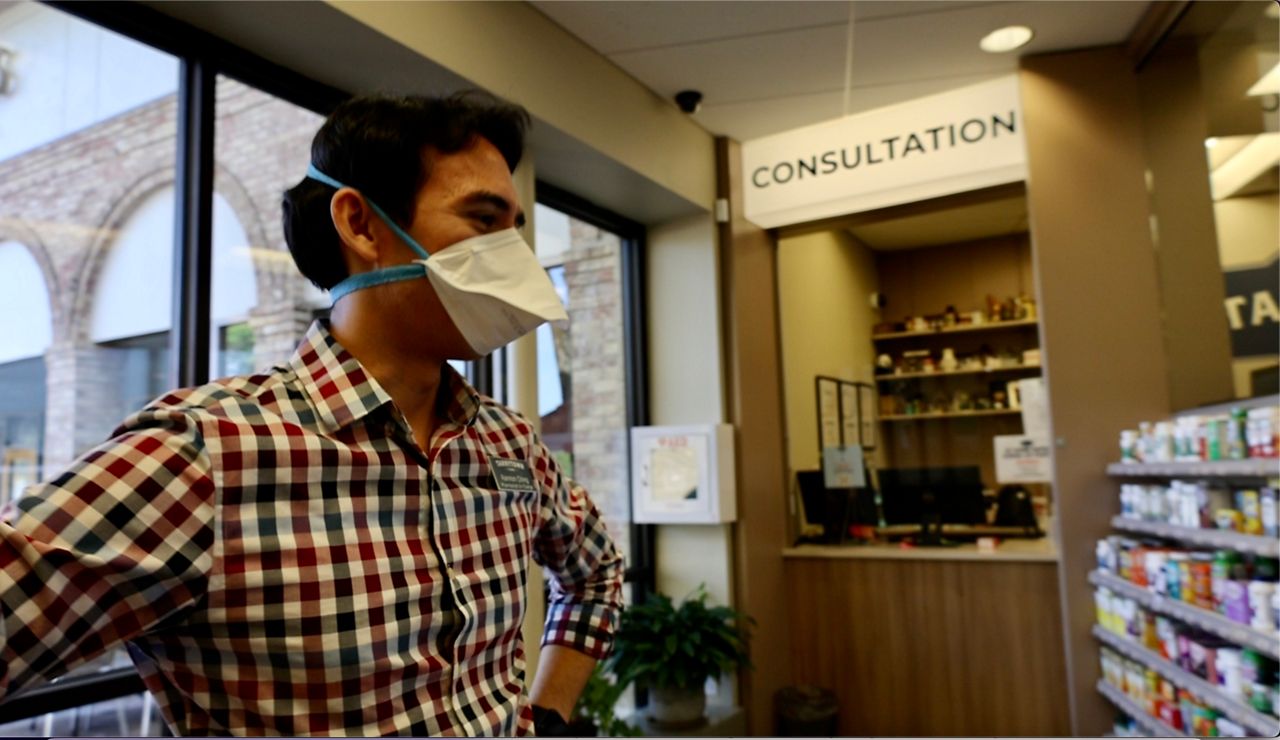AUSTIN, Texas — Dr. Leah Tatum is a private practice OB/GYN at Austin Regional Clinic in Central Texas. She's trying to navigate a new approach to health care in the Lone Star State as many in her field await the fate of Roe v. Wade in the Supreme Court.
“Now we’re in a situation where it challenges our ethics. We want the patient to have access and be counseled about all of their options that should be available to them as part of their medical care,” said Dr. Tatum.
While Dr. Tatum isn’t an abortion care provider, she’s concerned about restrictions and how the Supreme Court ruling will impact patient care when it comes to miscarriages and ectopic pregnancies.
Dr. Tatum says medical care for miscarriages and ectopic pregnancies is often the same for abortions — medical care that has now been restricted following the passing of Senate Bill 4, a Texas law that bans abortion-inducing medication to patients as well as surgical procedures associated with both.
“Senate Bill 4 has effectively made it more difficult for patients with spontaneous abortions to obtain medication for those types of situations where pharmacies aren’t comfortable with prescribing medications that is clearly appropriate and not being used for elective abortions,” said Dr. Tatum.
“It seems to have caused a lot of questions to come up for physicians where we have to pause when we otherwise would have known what was best for the patient," she continued.
Rannon Ching, the director of pharmacy at Tarrytown Pharmacy, says it’s a fine line to balance when trying to take care of patients and stay within compliance of legislation.

“What it means for pharmacist and physicians alike is that we have to be very clear if one of these medications that are outlined in SB-4 is prescribed. We need to have documentation for a use that is not in violation of SB-4. And so again this is such an open bill where anyone can be prosecuted we have to specific documentation,” said Ching.
Dr. Tatum says she has taken on the task of preparing patients for additional challenges when prescribing medications.
“Sometimes I will send patients with their clinic notes that I would have never done before Senate Bill 4, and it seems especially hurtful to continue to have record of a miscarriage that you have to carry around with you. Seems to add extra stress to patients,” she said.



